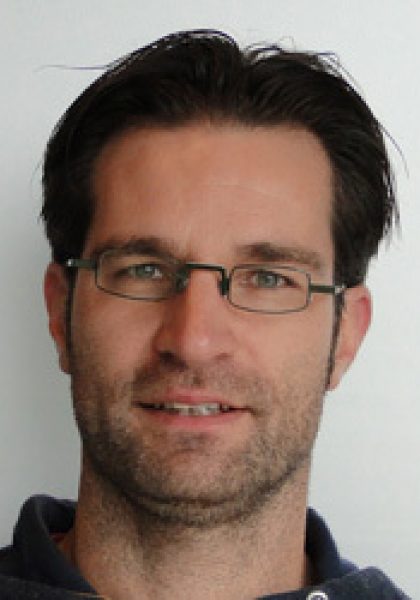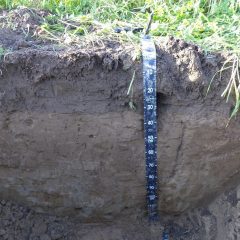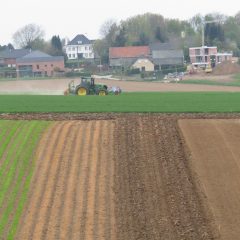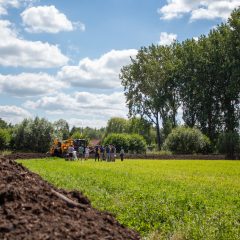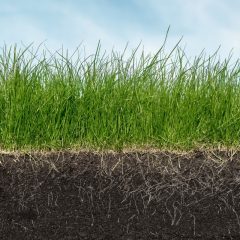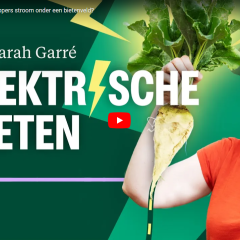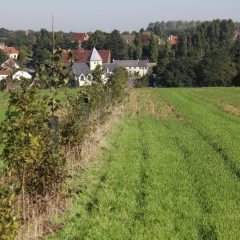Research project Bio-economy and Circular Agriculture for Soil Health
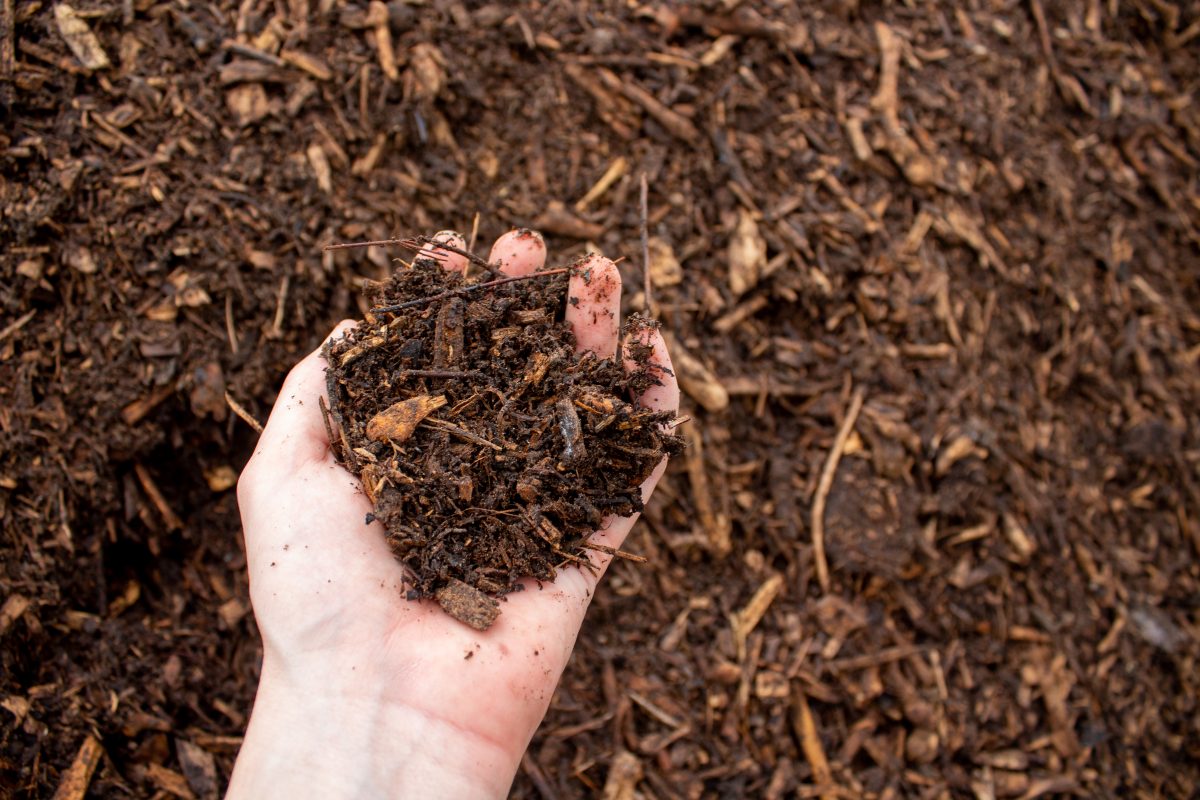
General introduction
Use of carbon-rich organic materials such as biochar and green compost in cascade can increase agricultural value and final sustainability. But it can also lead to competition for these resources according to results from the BioCASH project. The question was "How can we close nutrient, energy and biomass cycles in multifunctional agroecological production systems, with soil health as a sustainability criterion?" ILVO evaluated biochar as a renewable fertilizer, in combination with waste treatment products. A possible relationship between soil management and the soil microbiome in five Flemish field trials was also explored.
Research approach
ILVO analyzed the agronomic value of biochar in combination with nutrient sources from waste treatment and chemically and biologically characterized soil in several field trials. In addition, policy instruments were evaluated to support a more sustainable bioeconomy. The cascade approach for biomass was empirically tested. This involves first using biomass in high value-added applications, such as horticulture. Only then are the spent organic substrates applied on (arable) soils. One case study focused specifically on the use of green compost in horticulture.
Relevance/Valorization
This project provides valuable insights for circular agriculture and bioeconomy. The results prove that strategic use of biomass in a cascade contributes to sustainable soil health while supporting competitive uses. This approach helps the agricultural sector and policy makers develop more efficient resource management and strengthens the use of organic materials in soil management. By focusing on soil health, the project makes an important contribution to long-term sustainability goals.
Financing
EU Horizon2020
